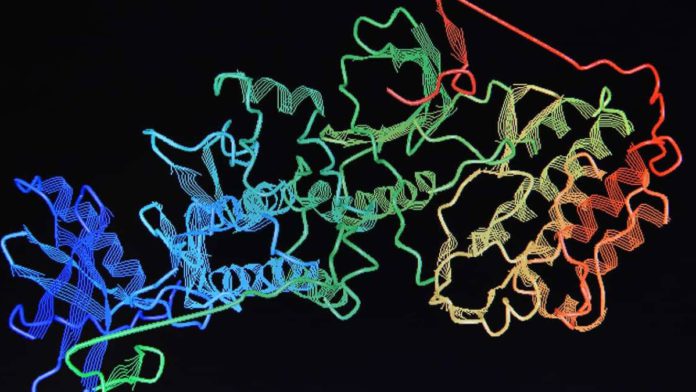Biochemists from the Netherlands’ Cancer Institute have presented AlphaFill, an upgraded version of DeepMind’s AlphaFold, a protein sequencing and folding model. AlphaFill is an algorithm that predicts protein structures by transplanting missing ions and molecules from previously determined protein sequences and structures.
The building blocks of life forms, Proteins, can be thought of as a ribbon of amino acids that wraps up into a knot of complicated twists and turns. Because amino acids are naturally flexible, a typical protein can assume an estimated 10 to the power of 300 different configurations. DeepMind claimed that it had predicted more than 200 million proteins using AlphaFold.
Following the footsteps, Meta released another protein folding and sequencing model called ESMFold, which is known to work approximately 60x faster than AlphaFold. However, none of the currently available models provide small molecule coordinates for structure or function.
Read More: AlphaFold2 Reveals New 3D Structure In Rotavirus Spike Protein
While AlphaFold and ESMFold models almost perfectly predict domain structures, they are less accurate in predicting flexible protein areas like loops or intrinsically disordered regions. AlphaFill is able to cover these gaps by filling the ‘missing’ elements of a protein structure.
To validate its function, AlphaFill, for protein folding, was compared to other experimental structures to generate a databank called the AlphaFill databank. The repository aims to assist scientists in developing more hypotheses for protein folding.
You can read more about the algorithm in the research paper.


